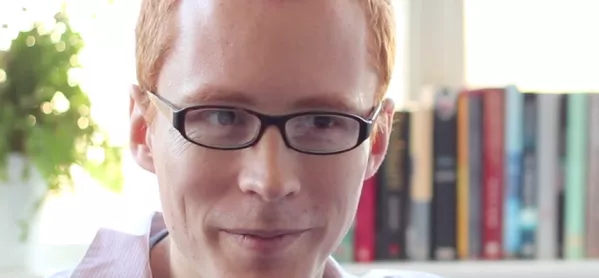So much of the recent debate on grammar schools has been about the educational attainment of pupils. But missing from the debate has been the issue of social capital - those strong social networks we know do so much to improve all pupils’ prospects, particularly the poorest.
Any move to increase selection must ensure poorer children are not separated from their more advantaged peers because to separate them would be to strip them of their social capital. There’s strong evidence that when a teenager from a deprived background has a circle of more affluent friends - or even acquaintances - they are far more likely to get good jobs and have rosy promotion prospects.
Research published by the Social Integration Commission last year showed that a staggering 40 per cent of jobs in the UK were found through personal contacts. Another study revealed that when a young person knows four people who work in business, they are five times less likely to be out of education, employment or training. Those who have formed strong social networks that span the class divide tend also to be given more responsibilities at work, and that means they will be promoted quicker.
This isn’t just about being fair to poorer pupils, though. Stripping the social capital from young people will affect us all. It already does. The UK loses an estimated £6 billion a year as a result of segregation. In fact, segregation costs the UK £140 million a year in jobseekers’ allowance alone.
Giving pupils a chance to ‘get on’ in life
As teachers, you already do so much to give your pupils the contacts they need to get on, whether it’s by making links with local businesses, inviting in outside speakers, or simply by positioning your school as a hub for your community. But these connections - this social capital - can be limited when the pupil intake is skewed towards the deprived.
We are sadly familiar with statistics about how those who went to selective schools dominate the UK’s leading professions. It is no surprise to anyone any more to learn that 74 per cent of top judges working in the high court and appeals court were privately educated. We barely even bat an eyelid when a group of Eton boys are given an audience with President Putin at the Kremlin.
We live in an increasingly unequal country with significant pockets where young people are feeling let down and left behind. If we want to build a stronger society, we need schools that foster social capital, and those are schools where pupils from all backgrounds mix. Evidence shows this is the very opposite of most existing grammar schools.
The prime minister’s plan to increase the number of grammar schools comes from a desire to help the poorest children get on in life and from the belief that more grammars will open up traditional “rigorous” education to the working classes. But it also risks stripping many more pupils of their social capital and with that their ability to make the most of their abilities. They -and we - will be the poorer for it.
Jon Yates is director and co-founder of the UK charity for building a more integrated society and the largest provider of the National Citizen Service, The Challenge
Want to keep up with the latest education news and opinion? Follow TES on Twitter and like TES on Facebook




